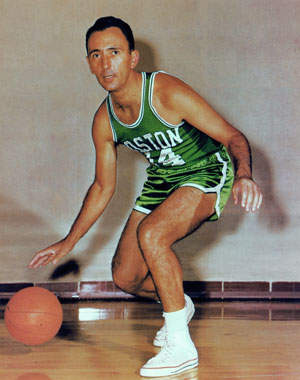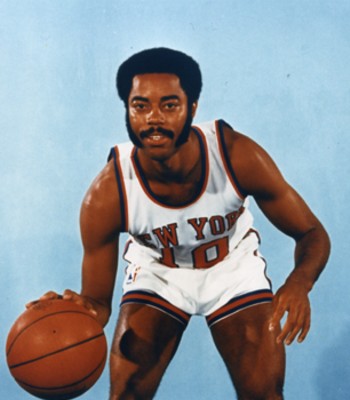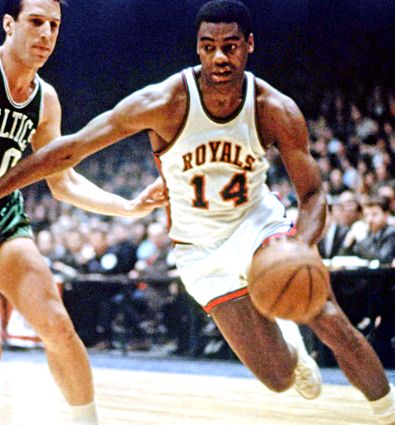In the classic NBA game that I remember growing up, as well as today, one of the most important players on the court was the point guard. His job was to quarterback his team’s attack and control the tempo of the game on both ends of the floor – on offense and defense. The most important statistics for the point guard were assists and steals, with scoring being mostly an afterthought. However, the best point guards over the years could also score when necessary. Here are my choices for the best NBA point guards of all time, in no particular order:
1. Bob Cousy – this is the player who orchestrated Red Auerbach’s Boston Celtic dynasty in the 1950s and ’60s. He was a 13 time NBA All Star, and led the league in assists eight consecutive years. He was known for his ball handling and passing skills, and dubbed “Mr. Basketball” by the Boston media as he guided the Celts to six NBA championships. His flashy passing and behind-the-back dribbling were his trademark, and marked him as one of the league’s first “showmen”.
2. Walt Frazier – “Clyde” became a darling of the fans and media in New York as he led the Knicks to a pair of titles in the early 1970s. He played the game with a distinct sense of style, and directed a Knick attack that featured an unselfish style of play by all of the players on the floor, something that in my opinion is tough to find in today’s game. Frazier excelled at all facets of the game, and still holds team records for assists and steals. He was also a great shooter, and in the famous game in which Willis Reed played with a severe injury in a deciding game seven situation, it was Frazier, with 36 points and an astounding 19 assists, who willed his team to the victory.
3. Oscar Robertson – “The Big O” is one of the players I remember most from my youth, when I first became interested in the NBA. He was a consummate all-around team player, and at first I didn’t even realize he was a point guard, since his all-around game was so polished. Robertson was a great player toiling on a mostly mediocre team in Cincinnati, but showed his true value when he was traded to the expansion Milwaukee Bucks, and guided that franchise, pairing with a young Lew Alcindor (later to be known as Kareem Abul-Jabbar) to the NBA title in 1971.
4. Nate Archibald – like Robertson, “Tiny” played for losing franchises, the Kings and Nets, but was traded to Boston, where his talents as a passer and floor general blossomed. He helped the Celtics win the NBA title in 1981, and like Robertson, helped win the title along with a young budding star, this one being Larry Bird.
5. Magic Johnson – Johnson is not only one of the top point guards of all time, but truly a player who revolutionized the position. His size was unprecedented for the position, and he even filled in for an injured Abdul-Jabbar at center for the Lakers during one championship series. He was an amazing floor general who always made sure to include all his teammates in the attack, while also playing a starring role himself. He was one of the first point guards to include rebounds as a meaningful stat for the position, along with assists and steals, and was a prolific scorer as well. His style of play was a starting point for the “point forward” position in today’s game – where a frontcourt player distributes the ball like a point guard traditionally has.





Barrett Martini
April 29, 2012 at 3:49 pm
Great site. Thanks for showing us.
admin
April 1, 2012 at 9:30 pm
Very insightful commentary on your part. Glad you found the post interesting!
Car games,Memory Games,play shooting games,cooking academy
April 1, 2012 at 6:28 pm
Hello Rayonsports,
Interesting Post, At the middle school level the point guard is usually one of the better players. Therefore, if you can limit or shut down the opposing point guard then you will limit what the other team can do. To properly defend the opponent’s point guard you need to know what he can and can’t do. You need to know if he is right or left-handed, where he likes to catch outlet passes, how he handles pressure, where and how does he get most of his shots and where he goes after he passes. Once you know the habits and tendencies of your opponent’s point guard, you can then develop a game plan to guard him. Here are a few different concepts you can use to defend different types of point guards.
Kindest Regards